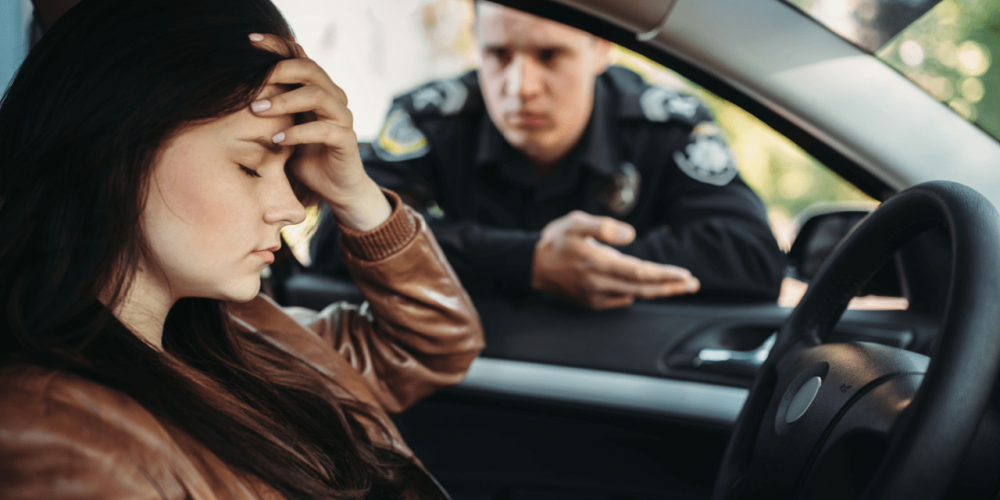DUI 2nd Offense – Why the Consequences Are More Severe
A DUI 2nd offense carries far more serious consequences than a first-time charge. While courts may offer leniency to first-time offenders, repeat offenses often result in mandatory jail time, longer license suspensions, and higher fines. If you’ve been arrested for a second DUI, it’s critical to understand your legal risks and take immediate action to protect your rights.
What Happens After a DUI 2nd Offense?
A DUI 2nd offense typically follows the same process as your first arrest, but the stakes are much higher. You may be pulled over, asked to perform field sobriety tests, and given a breathalyzer or chemical test. If your blood alcohol content (BAC) is over the legal limit, you’ll be arrested.
Legal Process After a 2nd DUI:
- Booking & Charges: After arrest, you’re booked and formally charged. Your prior DUI will be considered.
- Administrative License Suspension: Your license may be suspended immediately by the DMV.
- Court Arraignment: You’ll be asked to enter a plea. Penalties begin to stack at this point.
- Pretrial or Trial: If no plea deal is reached, your case proceeds to trial.
A DUI 2nd offense is often classified as a misdemeanor, but aggravating factors—like a high BAC or causing injury—can elevate the charge to a felony.
Penalties for a Second DUI Conviction
Courts take repeat DUI charges seriously. The penalties for a DUI 2nd offense are usually mandatory and much stricter than those for a first-time offense.
Typical Consequences Include:
- Jail Time: Many states require at least 5–10 days in jail, with possible extended sentencing
- Fines: You could face fines ranging from $1,000 to $5,000 or more
- License Suspension: A second offense typically leads to a 1–2 year suspension
- Ignition Interlock Device: Required for most second-time offenders
- Mandatory DUI Education: Often a longer, more intensive version than required for first-time offenders
You may also be required to obtain SR-22 insurance, which signals to your state that you’re carrying high-risk auto insurance coverage. In some cases, courts may order you to attend longer-term DUI/DWI classes or enroll in substance abuse treatment programs.
How a Second DUI Impacts Your Life
The effects of a DUI 2nd offense extend well beyond the courtroom. The long-term consequences can impact your finances, career, and ability to live your day-to-day life.
Long-Term Consequences:
- Criminal Record: A second conviction can permanently stain your record
- Job Loss: Employers may terminate you for repeated legal trouble
- Higher Insurance Rates: Expect skyrocketing premiums and policy restrictions
- Restricted Mobility: Lack of a license affects work, family obligations, and independence
Because the penalties are often mandatory, judges have limited discretion when sentencing for a DUI 2nd offense. That’s why getting legal help early in the process is essential.
Get Help with a DUI 2nd Offense Today
If you’re facing a DUI 2nd offense, don’t try to handle it alone. You have too much at stake—your license, your record, and your future. A skilled DUI attorney may help review the evidence, negotiate penalties, and explore alternatives like treatment-based diversion programs or reduced sentencing.
Start by taking action now to explore your legal options:
- Get a free evaluation to understand your legal options
- Find a DUI attorney with experience in second offense cases
- Explore legal support that fits your state and situation
Frequently Asked Questions (FAQs)
1. Is a second DUI offense always a felony?
No, a second DUI is typically a misdemeanor, but aggravating factors can elevate it to a felony.
2. How long between DUIs counts as a second offense?
It varies by state. Some use a 5-year “lookback” period, while others use 10 years or longer.
3. Can I avoid jail time for a second DUI?
Possibly. With legal help, some courts offer alternative sentencing like rehab or house arrest.
4. Will I lose my license permanently after a second DUI?
Usually not permanently, but suspensions often last 1–2 years, and reinstatement requires conditions.
5. Can a second DUI be expunged?
In some states, yes—after a waiting period and if no other serious offenses are on your record.
Key Takeaways
- A DUI 2nd offense carries mandatory penalties including jail, fines, and license suspension.
- Ignition interlock devices and long-term education programs are often required.
- Insurance costs rise significantly and may require an SR-22 filing.
- A second conviction can affect employment, travel, and daily life.
- Early legal help offers the best chance of reducing the long-term consequences.








